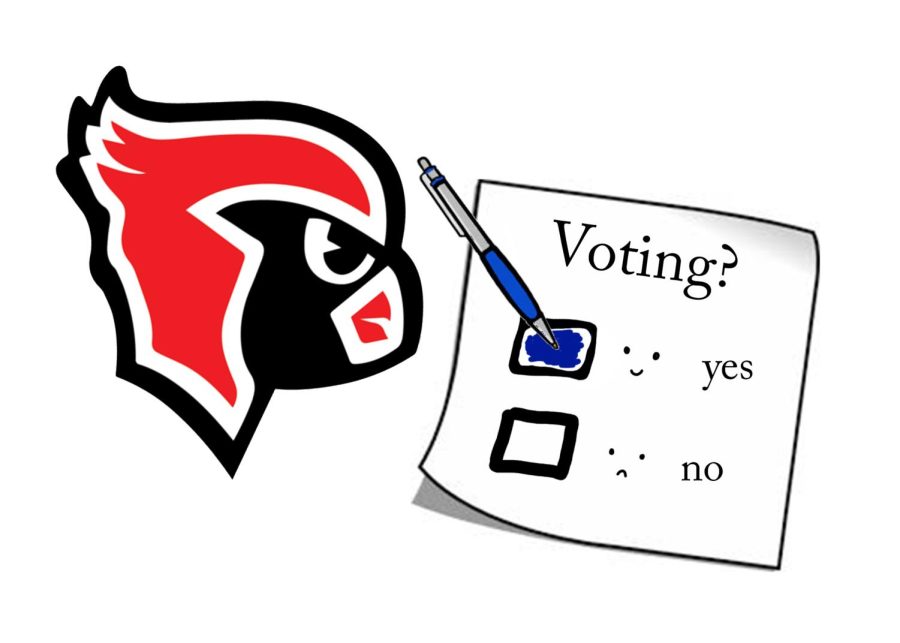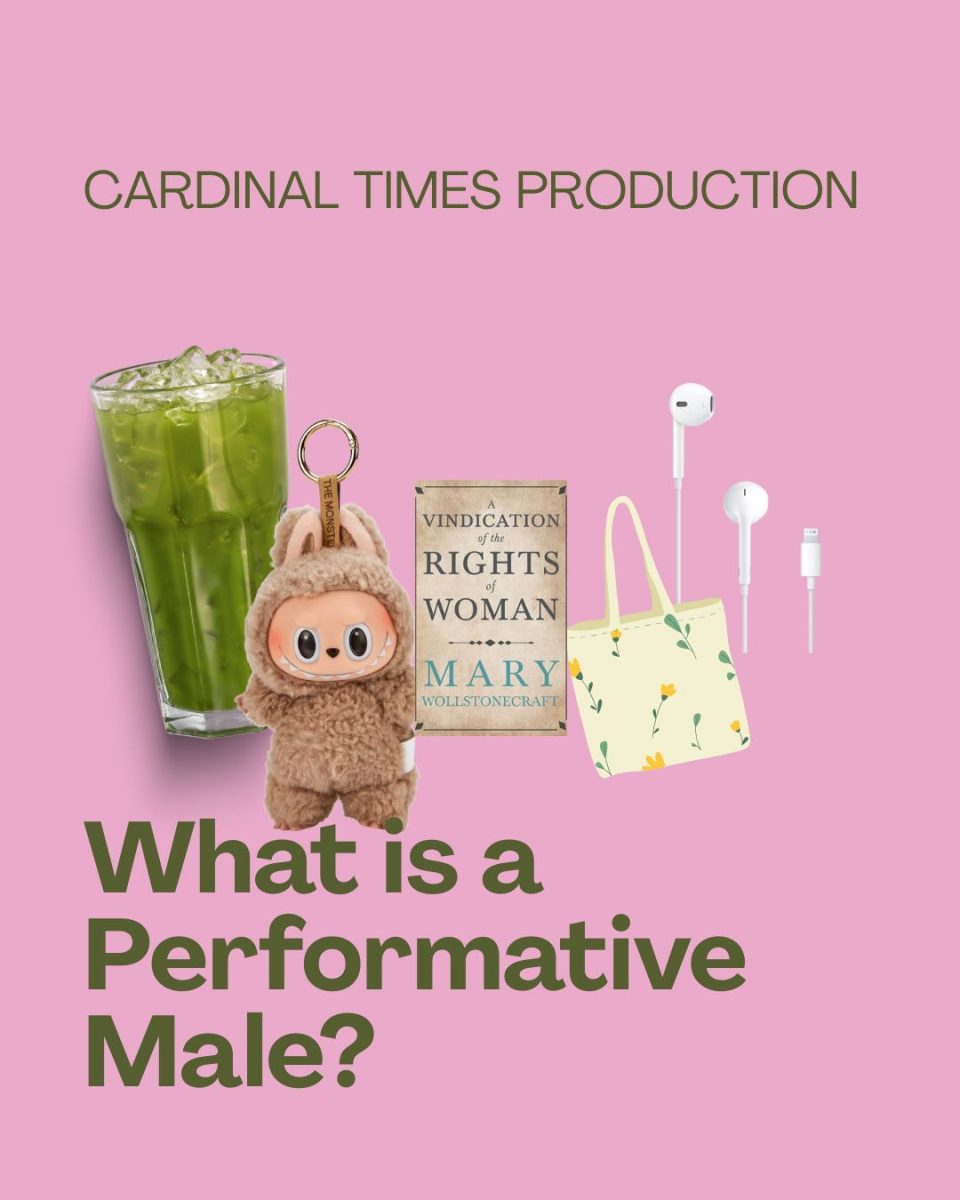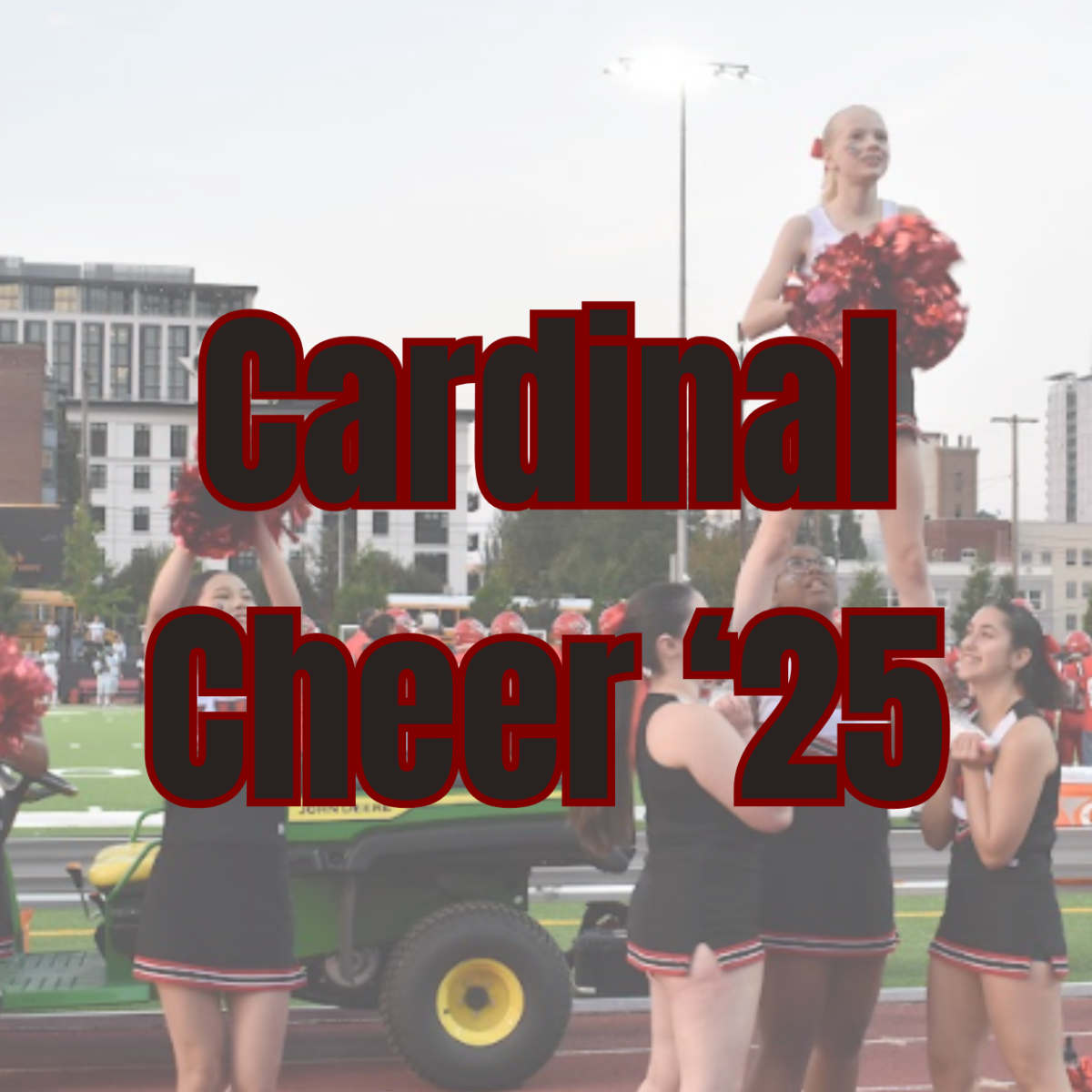Lincoln seniors cast their votes in Oregon’s primaries
As the Oregon primary elections neared, many eligible Lincoln seniors decided whether or not to vote.
May 20, 2022
The Oregon midterm primaries, held May 17, offered registered Lincoln seniors their first ever chance to vote in a state or federal election.
The midterms this year are especially impactful for Oregon, with dozens of offices available at every level of state government, from city council to U.S. senator. One of the most notable elections, the governor’s primary, features over 30 candidates seeking to replace incumbent Kate Brown.
Alex Dolle, a Lincoln senior, voted in the May 17 primary. He considers himself very politically involved, as he has worked for three bureaus within Portland’s city government. He believes voting can directly influence the issues that impact students’ lives.
“Ultimately, I registered to vote because I thought it was the right thing to do. You can’t make it through the public school system without some form of education on democracy, and I think voting is such an essential part of that,” he said.
Dolle also believes that voting can be valuable to students’ education and understanding of government.
“Not only does [voting] allow for [students] to give direct input on ballot measures and candidates, but it also encourages them to learn more about the government that presides over them,” he said. “Knowledge is the first step to any kind of change, and it is particularly important for young people to know about the current system if they hope to create positive change.“
Dolle hasn’t talked with any other seniors about voting or the upcoming election. He attributes the lack of discussion largely to the idea that an individual’s vote won’t matter.
“I think a lot of people believe that their vote is one of many, and that voting isn’t very valuable because their vote can be so easily overshadowed by all the other hundreds of thousands of votes,” he said. “But there would be no democracy without voting, and each person who votes is a part of a larger community.”
Sam Green, another Lincoln senior, has not registered, and did not vote in the primaries. He wasn’t aware of any upcoming elections, and didn’t see registering as a priority. However, Green wants to be more politically involved.
“I care deeply about politics, but I haven’t engaged in many clubs or protests, apart from attending a climate change rally a few years ago,” he said. “I hope to become more politically involved in college.”
Green is planning to register to vote sometime in the future and vote in upcoming elections. Despite the fact that he didn’t vote in this election, he says he sees voting as an important way for citizens to have an impact.
“Today it often feels like our government is acting in horrible ways out of our control, but voting is one of the few ways we can use our power as citizens to make a difference,” said Green.
Although Green has heard very little on voting or the upcoming election from other seniors, he recognizes that many seniors are politically involved in other ways.
“I have not heard anything from other seniors about their voting status, but I imagine many of them are in the same boat as me,” Green said. “However, I do know many seniors who are more politically active than I am and I admire them greatly.”





